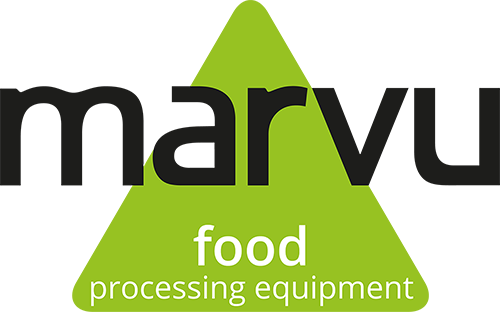Do you ever think about the future of fully automating your production process? What will those changes mean for your business? Is there any financial scope for this investment, and what will it ultimately yield? Sometimes significant investments are made where often simple solutions are overlooked, asserts Marc Vulders – Director of Marvu food processing equipment. As a machine builder that specialises in conveyor belts, Marc is always eager to help food producers find the best solution for their business.
Automate or mechanise? It depends.

Do you ever think about the future of fully automating your production process? What will those changes mean for your business? Is there any financial scope for this investment, and what will it ultimately yield? Sometimes significant investments are made where often simple solutions are overlooked, asserts Marc Vulders – Director of Marvu food processing equipment. As a machine builder that specialises in conveyor belts, Marc is always eager to help food producers find the best solution for their business.
Dangers of automation
Automation obviously saves companies a lot of time and money. But we should also remember that even with all the best security systems, the human hand and control will always remain indispensable. There’s always a technical bottleneck that only we can resolve. So fully automating your plant will most certainly offer labour and cost savings, but it also means you will have to employ higher (trained) qualified operators who are able to monitor, maintain, and manage the advanced technology that is involved. “I would therefore recommend companies to do part of their production process manually or implement improvements through simple mechanical solutions.”
Mechanisation saves labour and time. Cutting away labour hours has a positive effect on the financial balance sheet. But not at the expense of flexibility and quality.
Calculation of return and investments
It is crucial for companies to do a thorough analysis of what needs to be automated and what payback period is feasible. Marc Vulders emphasises: “Many companies miss out on opportunities because they don’t make the right financial trade-offs. Major investments’ estimated cost recovery period is often too optimistic, ultimately not yielding the desired return. Moreover, the depreciation of the purchase must be considered.”
Simple mechanical solutions in times of limited budgets
In times of economic uncertainty, investment budgets are often limited. A simple mechanical solution, with a lower purchase value and, therefore, a shorter payback period, can sometimes be more efficient than a fully automated approach.
